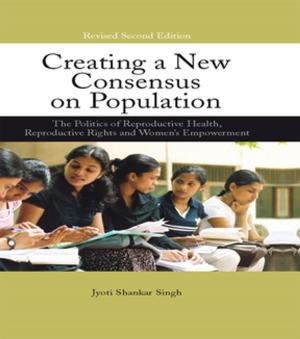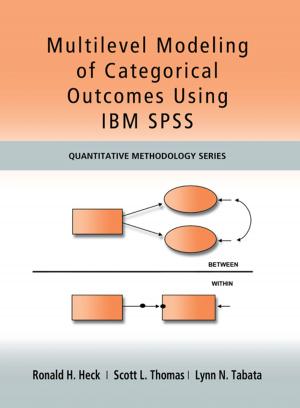The Making of a Musical Canon in Chinese Central Asia: The Uyghur Twelve Muqam
Nonfiction, Entertainment, Music| Author: | Rachel Harris | ISBN: | 9781351886277 |
| Publisher: | Taylor and Francis | Publication: | December 5, 2016 |
| Imprint: | Routledge | Language: | English |
| Author: | Rachel Harris |
| ISBN: | 9781351886277 |
| Publisher: | Taylor and Francis |
| Publication: | December 5, 2016 |
| Imprint: | Routledge |
| Language: | English |
Throughout the course of the twentieth century, as newly formed nations sought ways to develop and formalise their national identity and acquire a range of identifiable national assets, we find new musical canons springing up across the world. But these canons are not arbitrary collections of works imposed on the public by the authorities. Rather they acquire deep resonance and meaning, both as national symbols and as musical repertoires imbued with aesthetic value. This book traces the formation of one such musical canon: the Twelve Muqam, a set of musical suites linked to the Uyghurs, who are one of China's minority nationalities, and culturally Central Asian Muslims. The book draws on Uyghur and Chinese language publications; interviews with musicians and musicologists; field, archive and commercial recordings, and aims towards an understanding of the Twelve Muqam as musical repertoire, juxtaposed with an understanding of the Twelve Muqam as a field of discourse. The book brings together several years' work in this field, but its core arises from a research project under the auspices of the AHRC Centre for Music Performance and Dance.
Throughout the course of the twentieth century, as newly formed nations sought ways to develop and formalise their national identity and acquire a range of identifiable national assets, we find new musical canons springing up across the world. But these canons are not arbitrary collections of works imposed on the public by the authorities. Rather they acquire deep resonance and meaning, both as national symbols and as musical repertoires imbued with aesthetic value. This book traces the formation of one such musical canon: the Twelve Muqam, a set of musical suites linked to the Uyghurs, who are one of China's minority nationalities, and culturally Central Asian Muslims. The book draws on Uyghur and Chinese language publications; interviews with musicians and musicologists; field, archive and commercial recordings, and aims towards an understanding of the Twelve Muqam as musical repertoire, juxtaposed with an understanding of the Twelve Muqam as a field of discourse. The book brings together several years' work in this field, but its core arises from a research project under the auspices of the AHRC Centre for Music Performance and Dance.















